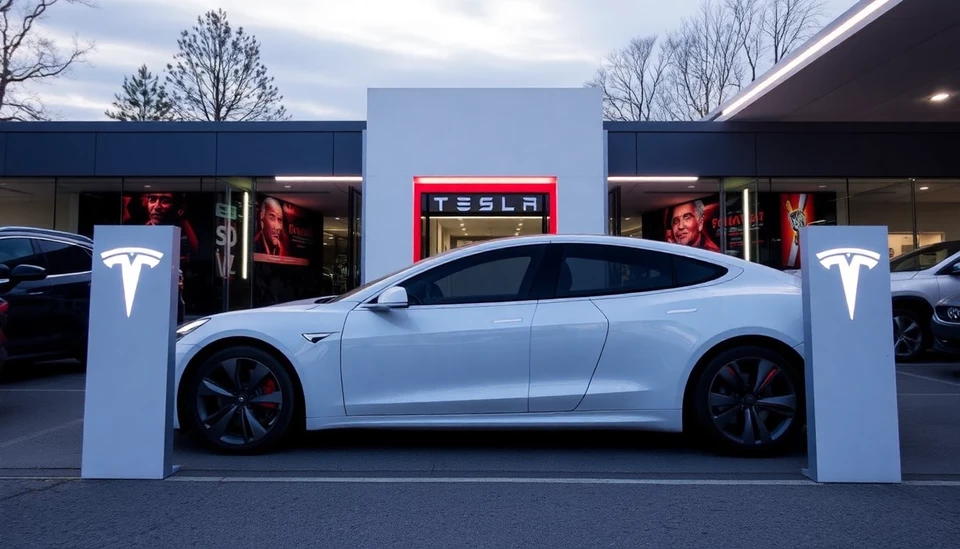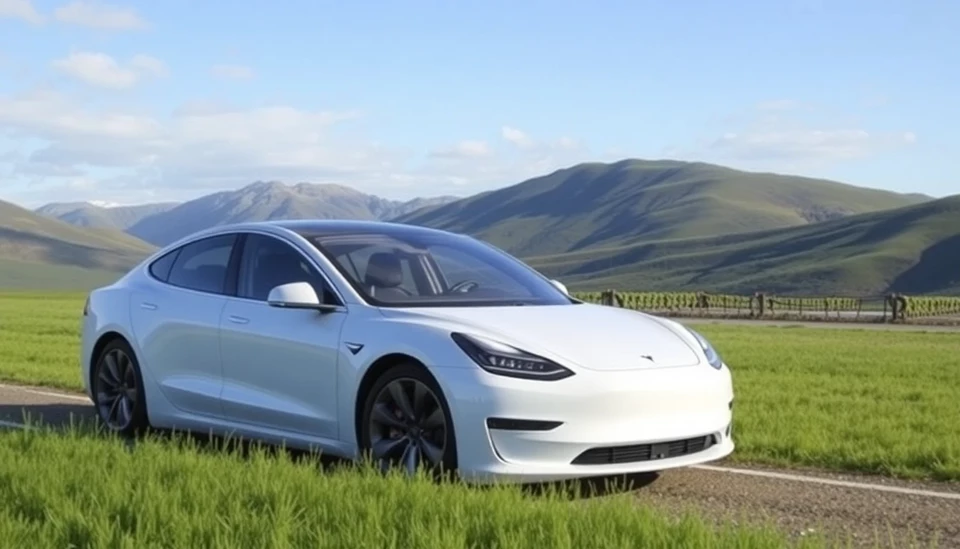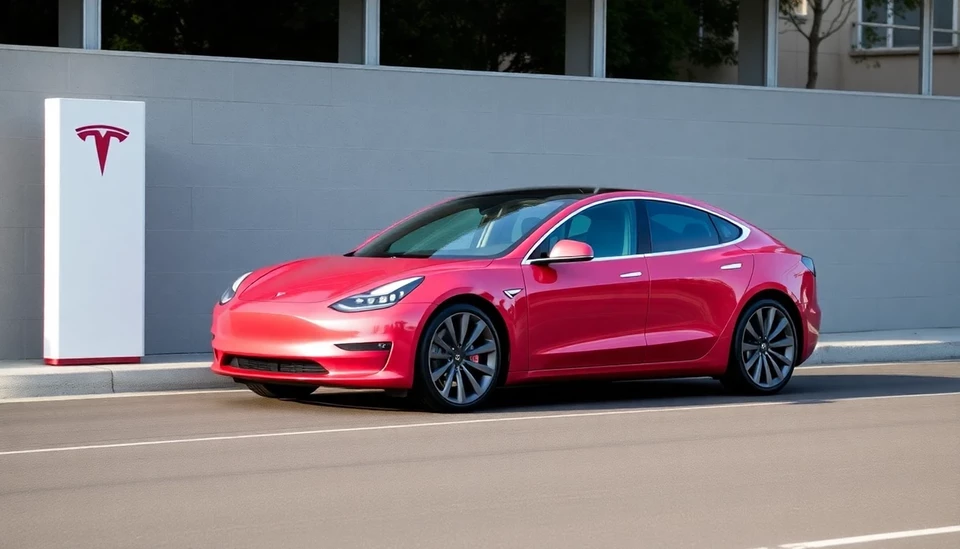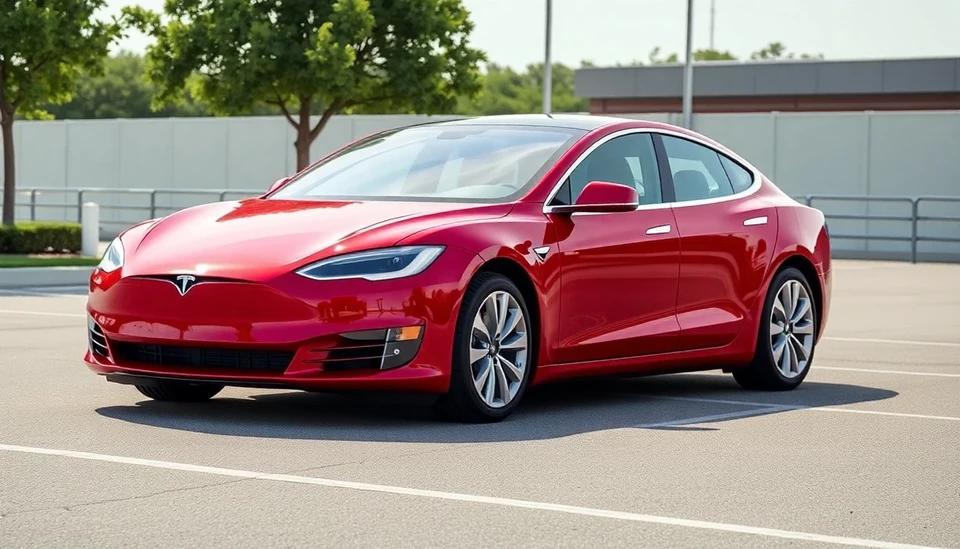
Tesla Inc. is reportedly experiencing significant challenges as both its stock prices and sales figures are declining, raising concerns among investors and analysts. Once celebrated as a market leader in the electric vehicle (EV) space, the company is now grappling with various factors that have contributed to this downturn.
The recent dip in Tesla's stock value has prompted widespread speculation about the sustainability of its growth and market dominance. Industry experts cite a combination of increasing competition, economic pressures, and production hurdles as reasons behind the company's struggles. As traditional automakers ramp up their EV offerings, Tesla is facing stiffer competition than ever before, which jeopardizes its market share.
One of the critical issues affecting Tesla is the surge in competition within the EV market. Legacy automakers are making significant strides in developing their electric vehicles, pouring resources into research, development, and marketing to capture a share of the growing green consumer base. Notable companies such as Ford and General Motors have recently unveiled competitive models designed to appeal directly to Tesla's customer base, making it difficult for the company to sustain its erstwhile leading position.
In addition to heightened competition, Tesla is also dealing with a broader economic climate that is affecting consumer purchasing power. With inflation rates rising and interest rates fluctuating, consumers are increasingly cautious about significant expenditures, including high-priced vehicles. Consequently, Tesla has reported slowing demand, further exacerbated by economic uncertainties and fluctuating consumer confidence.
On the production front, Tesla has faced its share of challenges. Reports of supply chain disruptions have plagued the automotive industry as a whole, impacting Tesla’s ability to deliver vehicles promptly. Delays in acquiring essential materials, such as lithium and semiconductors, have hindered the production capacity and timelines for new models, potentially leading to dissatisfied customers who may turn to competitors for more readily available alternatives.
Investors are responding to these developments with caution. The drop in stock price reflects a growing wariness among shareholders about Tesla's future profitability and growth trajectory. Analysts have been closely monitoring the company’s quarterly earnings reports, with many suggesting that the next announcement will be critical in determining how the market perceives Tesla's stability moving forward.
Moreover, market analysts stress that Tesla must adapt to this shifting landscape quickly. To remain competitive, the company may need to innovate further, enhance its production processes, and possibly lower prices to retain customer interest. Maintaining strong customer loyalty while navigating the evolving competitive environment will be crucial for Tesla to regain its footing in the market.
In conclusion, Tesla’s current predicament highlights the volatility of the electric vehicle sector. While the company has established itself as a pioneering force in the EV market, the combination of rising competition, economic pressures, and production obstacles presents real challenges. Stakeholders will be on high alert as they await more information about the company’s strategies to overcome these hurdles and revive its market position.
#Tesla #TSLA #ElectricVehicles #EVMarket #StockMarket #EconomicChallenges #Competition #Innovation #AutomotiveIndustry
Author: John Harris




